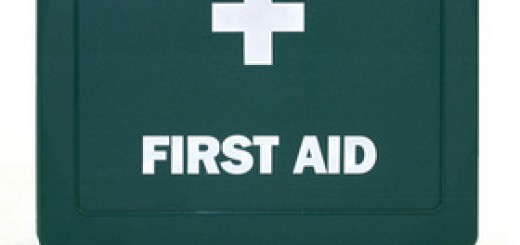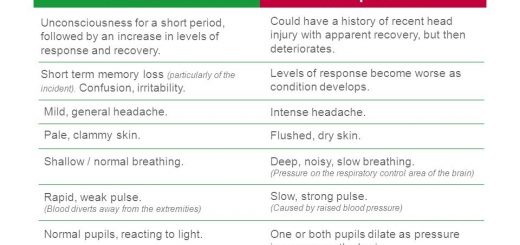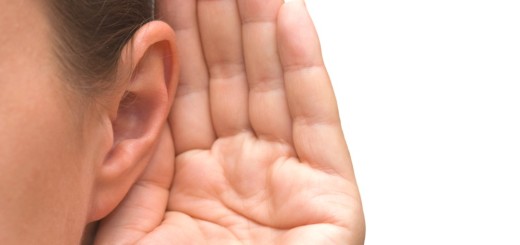How to Call the Emergency Services
Calling for emergency assistance quickly is vital in many first aid situations. We all know how to call for help in our home country, but what about when travelling?
Most countries have emergency numbers to summon police, fire or an ambulance. Many countries have consolidated these numbers into a single emergency number. In North America, that number is 911, and in all countries in the European Union, the number is 112.
In the U.S., you can dial 911 from your cell phone even if your phone has never been activated. In Europe, you can dial 112 from your GSM phone even if it doesn’t have a SIM card, or if the keyboard
is locked.
Some European countries, such as Belgium, Spain, UK, Liechtenstein, and Austria, are reported to connect emergency calls only from phones having a valid account on their network, that is, customers and roamers only. In Latin America, GSM networks typically do not allow 112 calls without a SIM.
In many parts of the world, emergency services can identify the landline from which a 911 call has been made, even landlines having an unlisted number or blocked caller ID. They can then associate an address with that telephone number.
In the U.S. the Federal Communications Commission has required that all wireless carriers be able to pinpoint the location of a cell phone dialling 911, however, that system is being implemented in phases, and may not yet be available in your area.
Tips for Calling the Emergency Services
Whether on a landline or cell phone, when you call 911, be ready to provide the following information:
- Your name and the phone number from which you are calling. This allows
dispatch to call you back if you get disconnected - The victim’s location, Give the address, names of intersecting streets or other
landmarks - Describe the nature of the emergency, e.g., someone fell off a ladder
- Describe the victim’s condition, e.g., their head is bleeding, and identify any
additional persons needing help - Do not hang up the phone unless instructed to do so by the dispatcher
It’s important to remain calm and speak clearly. The emergency operator may ask a number of questions, remember that this does not slow down the dispatch of an ambulance if required.






Whilst someone does CPR, call emergency service letting them know where you are, what has happened, and what is being carried out, with the individual who you need to care for until a responsible emergency service turns up.